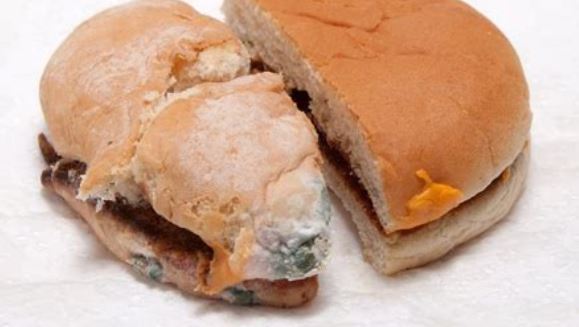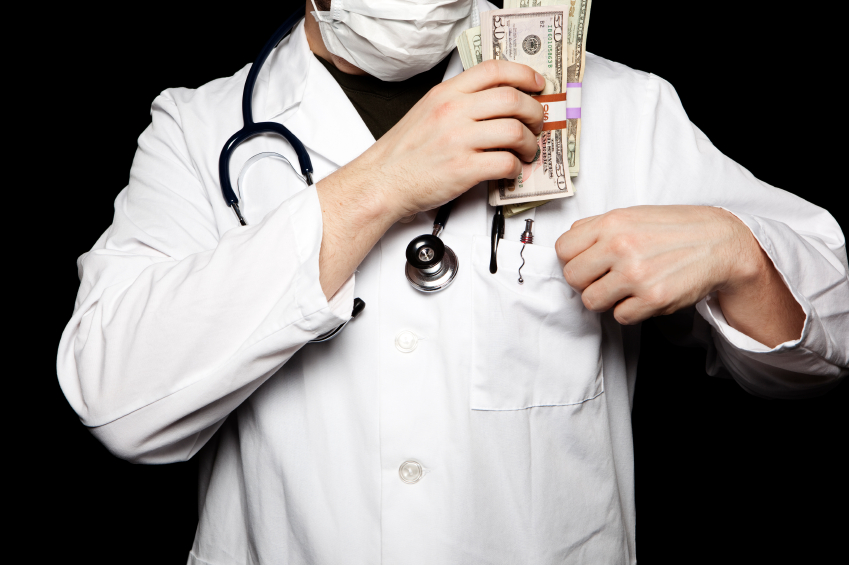
Procter & Gamble is one of Facebook’s most important advertisers, so when they demanded that the social media platform enforce “brand safety” for its advertisers, it drew a lot of attention to the issue. However, there’s one aspect of the story that seems to be getting lost in the mainstream media’s coverage of the move: P&G’s total hypocrisy in voicing concerns about safety while peddling toxic chemicals to the masses.
P&G is the name behind familiar and highly profitable products from brands like Tide, Pampers, Pringles and Crest. Their chief brand officer, Marc Pritchard, recently called out the digital media industry on its lack of transparency while speaking at an Association of National Advertisers Conference.
Addressing the 650-plus attendees, he cited problems like fraud, breaches of privacy, and the amount of harmful and violent content that is placed next to ads. He said that his firm would start moving its billion-dollar advertising budget to services that can guarantee better reach, are more willing to share their data with their advertisers, and are totally free of offensive advertisers.
He said that they have been tolerant for too long, adding: “It’s not acceptable to have brands showing up where opioids are being offered, where illegal drugs are promoted, where abhorrent behavior is present or where violence is seen. The apologies are heartfelt and appreciated, but that’s not good enough.”
He then called on other advertisers to join together to form a new media supply chain. It’s been a recurring theme for P&G, who boycotted YouTube for more than a year in 2017 after its ads started appearing next to terrorist content on the video sharing platform.
Pot, meet kettle
Facebook has some pretty awful business practices, and it’s not hard to see Pritchard’s point about brand safety – until you remember that his brand doesn’t seem all that concerned about safety in general given the many toxins found in their products.
For example, Pampers diapers were recently identified by the French health association ASEF as having several carcinogenic substances, such as PAHs and petrolatum. This means that babies’ most sensitive parts are being exposed to chemicals linked to cancers of the lungs, skin, liver, stomach and bladder pretty much around the clock, but P&G is too busy concerning itself with getting its money’s worth on ads to worry about giving babies cancer.
Meanwhile, their Prilosec OTC heartburn medication was found in a study to increase a person’s risk of death by 25 percent, prompting researchers to warn that people should not take these medications over long periods of time. Moreover, it belongs to a class of drugs known as proton pump inhibitors, or PPIs. A German study found that taking at least one PPI every three months raised people’s risk of the neurological damage that leads to Alzheimer’s by 44 percent.
They’re also behind Tide laundry detergent pods, whose colorful packaging and candy-like appearance has caused children to mistake the chemical-laden cleaning products for treats and put them in their mouths, putting their lives in danger. Over the years, they’ve also landed in hot water for animal testing and the toxins in products like Herbal Essences shampoo.
While Procter & Gamble’s outrage at Facebook may be quite justified, they might also want to take a look at their own activities if they’re truly as concerned about “brand safety” as they claim to be.
Sources for this article include:
Please contact us for more information.


















